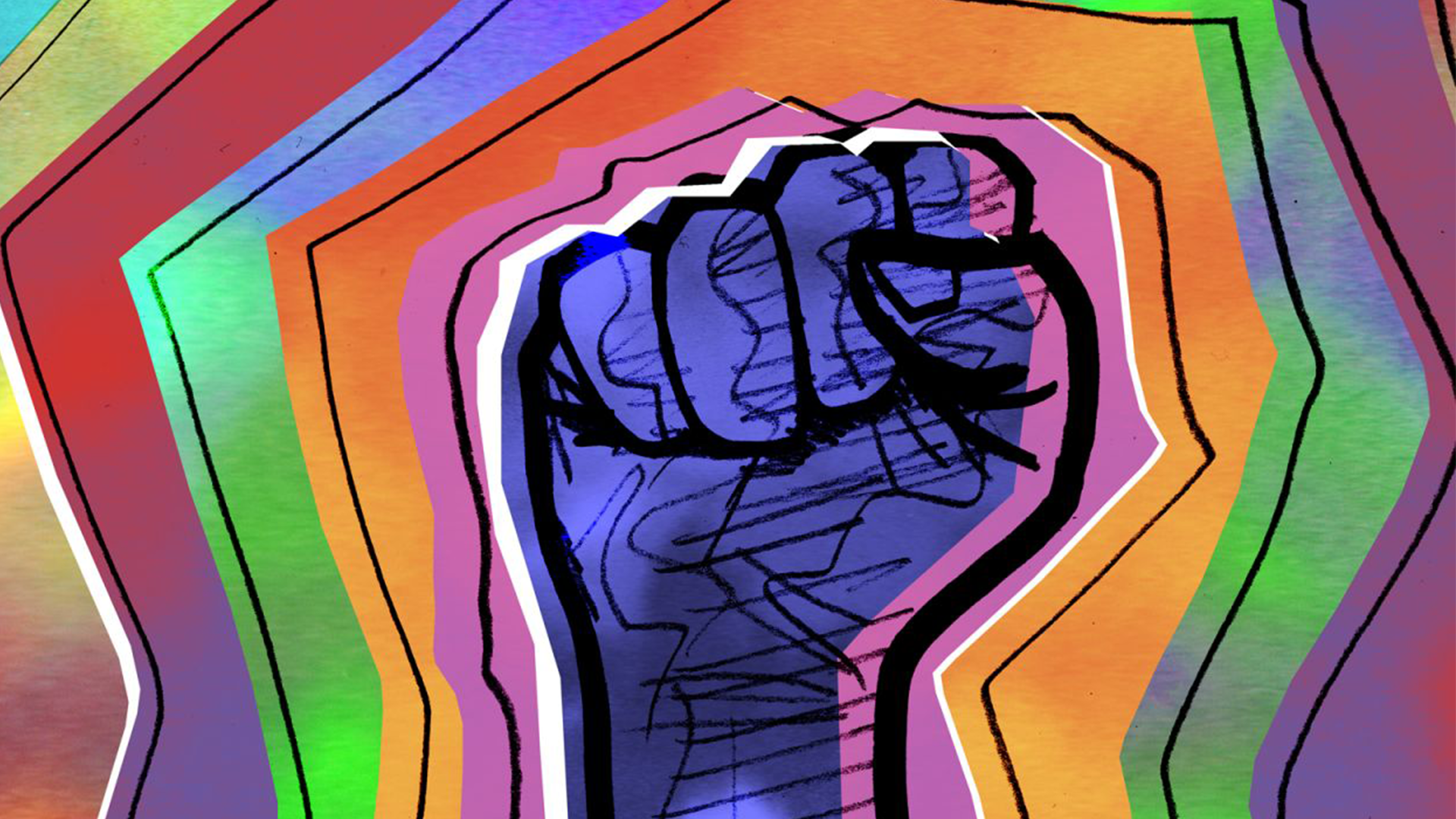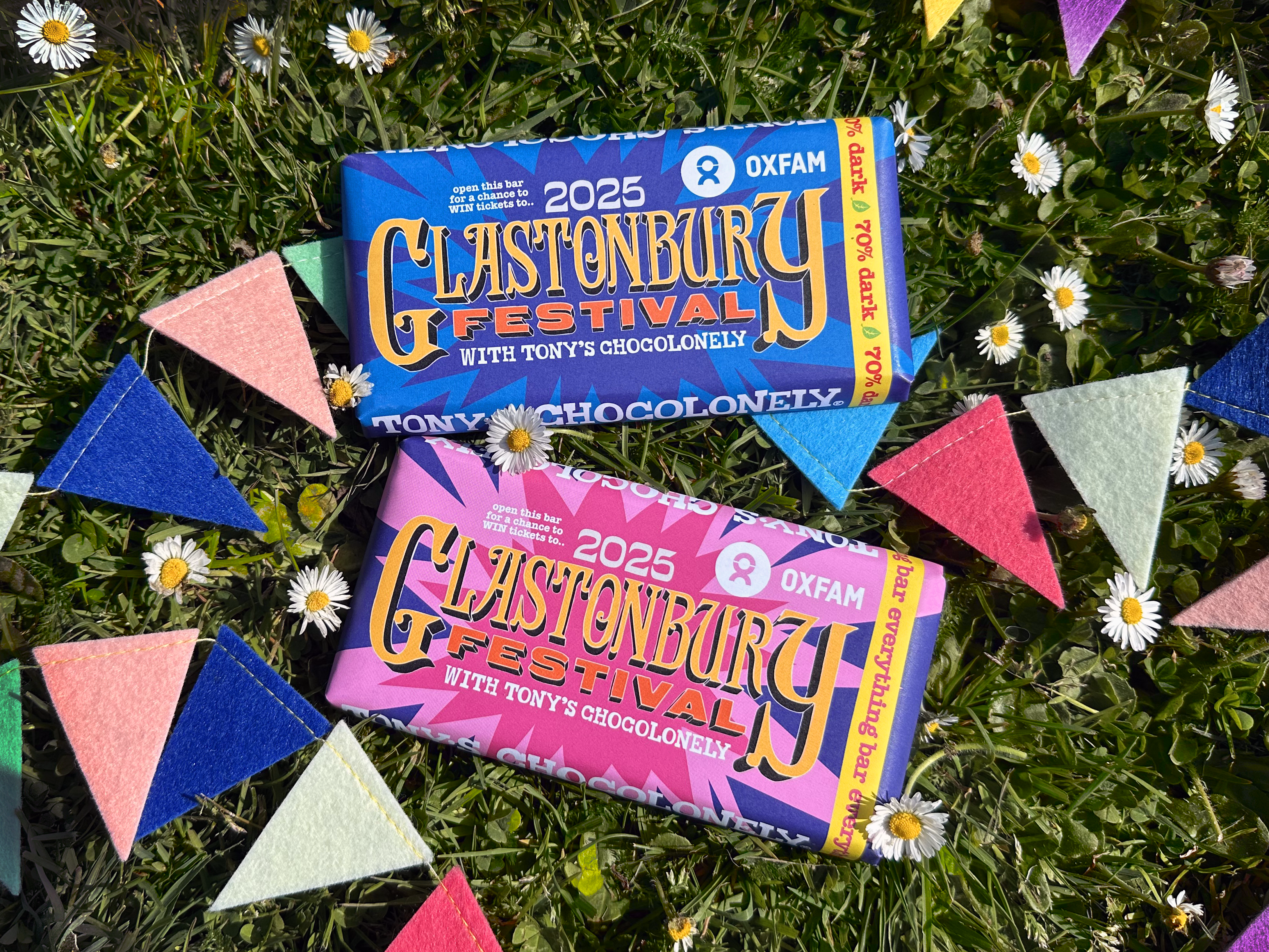This should be a national holiday
August 23rd is the UN recognised International Day for the Remembrance of the Slave Trade and its Abolition. When this falls on a workday, Team Tony's will be taking this as a national holiday. We will use this time to continue educating ourselves on the historical relevance of Transatlantic Slave Trade because much like the chocolate industry, there hasn't been enough change. Slavery and modern slavery are certainly not the same things, but the inequality in the cocoa chain today is a direct result of our past colonial rule and oppression.

This article was originally published in August 2020. Updated in August 2022.
August 23rd is the UN recognised International Day for the Remembrance of the Slave Trade and its Abolition. When this falls on a workday, Team Tony's will be taking this as a national holiday. We will use this time to continue educating ourselves on the historical relevance of Transatlantic Slave Trade because much like the chocolate industry, there hasn't been enough change. Slavery and modern slavery are certainly not the same things, but the inequality in the cocoa chain today is a direct result of our past colonial rule and oppression. Therefore, we passionately believe that we must use our voice to demonise the horrors of the past and to encourage others to recognise this as a national holiday. With support from UNESCO, let us take you through what this day means to millions across the UK.
What this day means:
The International Day for the Remembrance of the Slave Trade and its Abolition marks the date when slavery was abolished in the United Kingdom, a response to the night of the 22-23rd of August 1791, when in Santo Domingo (Haiti and the Dominican Republic) an uprising occurred that would play a crucial role in the abolition of the Transatlantic Slave Trade.
A few years prior, in 1787, the ‘Society For Effecting the Abolition of the Slave Trade’ was formed and persisted to campaign and protest until 1806, when Lord Grenville delivered a speech in support for the abolitionist movement. Upon a majority parliamentary vote, the act of engaging in the slave trade throughout the British colonies was made illegal in 1807. Trafficking continued until 1811.
This international day is intended to commemorate the tragedy of the slave trade and the memory of all its victims. In accordance with an intercultural project, ‘The Slave Route’, this day should offer an opportunity for collective consideration and conversation of the historic causes, methods and the consequences of this tragedy.
Relevance today:
Today, 40.3 million people are estimated to be trapped in slavery and trafficking globally. In cocoa, at least 30,000 adults & children are victims of modern slavery in West Africa.
Our mission is to end modern slavery and illegal child labour in the cocoa industry. As a Dutch born brand, we feel a responsibility to raise awareness of the other side of European history. Britain's colonial past is one of the largest human rights violations we know. What happened then is terrible and should never happen again. No form of slavery is justifiable. Not then, and not now.
What’s needed:
This should be a day to recognize our responsibility as British people and the inflicted pain on the black population. This day offers us an acknowledgment of our often-concealed slavery past, and a first step towards making apologies and taking full responsibility for all harm caused then, and the negative effects it has on society today.
We have decided not to wait for government recognition and action, but to take responsibility ourselves. We call upon the whole industry and governments to recognise this date as a national holiday and to do the same. In the Netherlands, July 1st ‘Keti Koti’ marks the date when slavery was abolished in Suriname and in the Dutch Antilles in 1863. In the US, Juneteenth– also known as Freedom Day, marks the celebration for the emancipation of those who were enslaved in the United States in 1862. Team Tony's are encouraged to use these days to examine how our history affects us today and especially how we can do things better.
Resources:
We believe that education and activism are the most powerful resources to make change. We hope that the following assets will be a good starting point to continue your education piece on black inequality and social justice.
- https://www.runnymedetrust.org/
- https://blackculturalarchives.org/
- https://www.nationalarchives.gov.uk/pathways/blackhistory/rights/abolition.htm
- https://www.rota.org.uk/
Image by Brian Elstak



